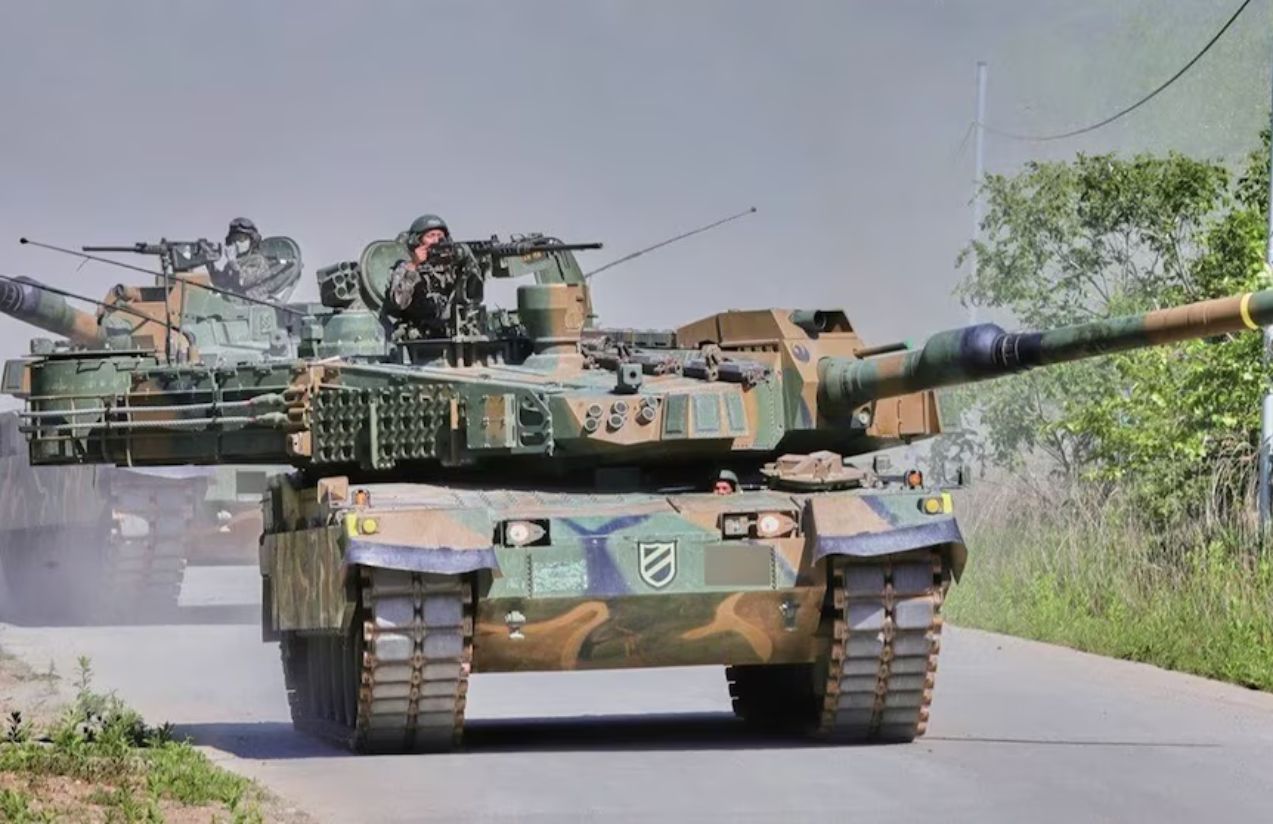Poland’s Defense Minister, Władysław Kosiniak-Kamysz, has announced a significant step forward in the country’s military modernization: the conclusion of negotiations with South Korea’s Hyundai Rotem for the acquisition of a second batch of K2 Black Panther tanks. “We plan to sign the contract soon,” the minister stated, according to the Yonhap news agency.
The announcement marks a new chapter in Poland’s defense strategy, which has gained momentum since the outbreak of war in neighboring Ukraine. With the conflict still raging on its eastern border, Warsaw is working to bolster its deterrence capabilities through increased investment in cutting-edge military equipment.
The agreement with Hyundai Rotem — a subsidiary of the Hyundai Motor Group — builds on a partnership established in 2022, when Poland signed a deal to purchase 180 K2 tanks. The new contract is expected to double that fleet, solidifying Poland’s commitment to South Korean military technology.
South Korea’s Defense Acquisition Program Administration (DAPA), which oversees weapons exports, confirmed that the deal is nearing finalization, though specific details have yet to be disclosed. According to Yonhap, the estimated value of the agreement is around $6.5 billion (roughly 24.5 billion zlotys), highlighting the scale of Poland’s rearmament effort.
The first phase of the agreement prioritized rapid delivery of tanks manufactured in South Korea, providing Poland with a swift boost to its military capacity following Russia’s invasion of Ukraine. Now, the second phase introduces a strategic new element: local production.
DAPA announced that a manufacturing facility will be established in Poland, where a significant portion of the new K2 tanks will be assembled in cooperation with local defense companies. This move aims to facilitate technology transfer, enhance Poland’s industrial capabilities, and further embed South Korea’s defense industry in Europe.
With this expanded partnership, Poland is positioning itself as one of South Korea’s key defense allies, while reinforcing its military strength amid ongoing geopolitical tensions in Eastern Europe.

